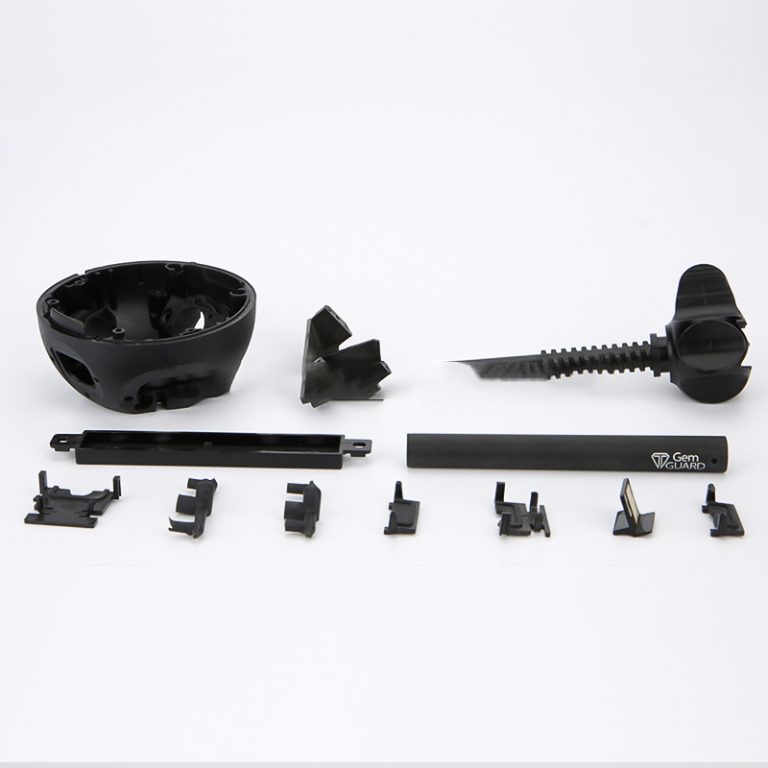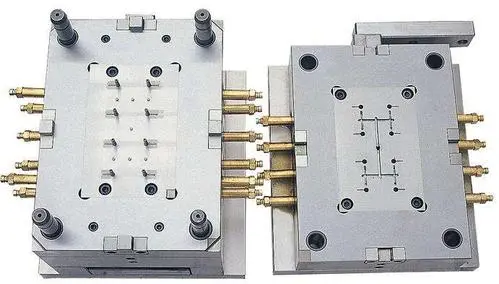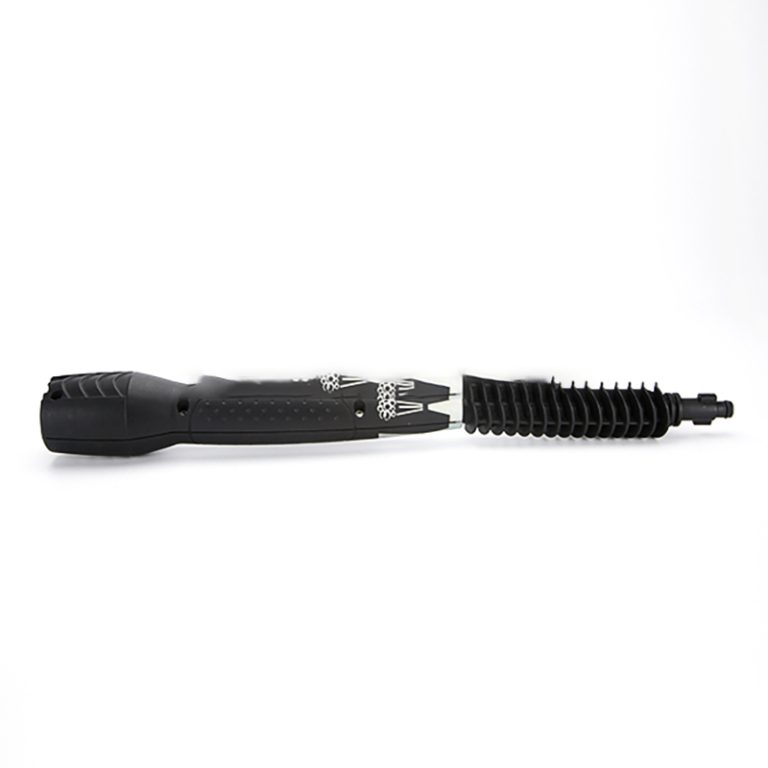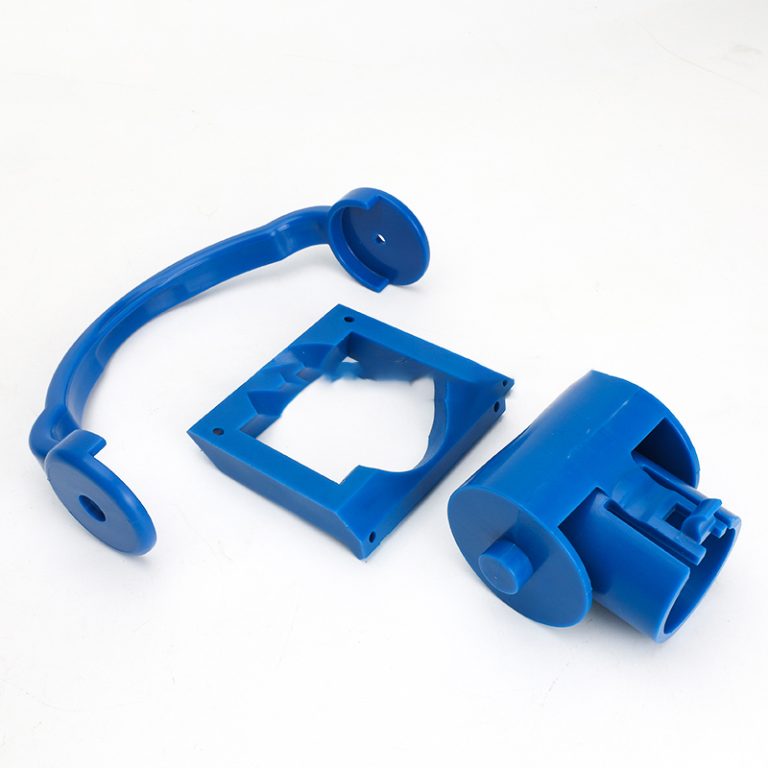Table of Contents
Benefits of Custom Plastic Injection Molding for Car Parts
Custom plastic injection molding is a process that has revolutionized the manufacturing industry, particularly in the production of car parts. This method involves the use of a mold to create intricate and complex shapes out of plastic materials. The benefits of custom plastic injection molding for car parts are numerous and have made it a popular choice for many automotive manufacturers.
One of the key advantages of custom plastic injection molding for car parts is the ability to create parts that are highly precise and consistent. The molds used in this process are designed with extreme precision, allowing for the production of parts that meet tight tolerances. This level of accuracy is crucial in the automotive industry, where even the smallest deviation can lead to performance issues or safety concerns.
In addition to precision, custom plastic injection molding also offers the advantage of producing parts with a high level of strength and durability. The plastic materials used in this process are able to withstand the rigors of daily use in a vehicle, including exposure to heat, cold, and various chemicals. This makes custom plastic injection molded car parts ideal for applications where strength and reliability are paramount.
Another benefit of custom plastic injection molding for car parts is the ability to create parts with complex geometries. The molds used in this process can be designed to produce parts with intricate shapes and features that would be difficult or impossible to achieve with other manufacturing methods. This flexibility allows automotive manufacturers to design and produce parts that are tailored to their specific needs and requirements.
Custom plastic injection molding also offers the advantage of cost-effectiveness. The initial investment in tooling and molds for this process may be higher than other manufacturing methods, but the per-part cost is typically lower. This is because custom plastic injection molding allows for high-volume production with minimal waste, resulting in lower overall production costs. Additionally, the ability to produce parts with high precision and consistency can help to reduce the need for rework or scrap, further lowering costs.
One of the key benefits of custom plastic injection molding for car parts is the ability to produce parts with a high level of customization. Automotive manufacturers can choose from a wide range of plastic materials, colors, and finishes to create parts that meet their specific design requirements. This level of customization allows for greater design flexibility and creativity, resulting in parts that are not only functional but also visually appealing.
Overall, custom plastic injection molding offers numerous benefits for the production of car parts. From precision and strength to cost-effectiveness and customization, this manufacturing method has become a preferred choice for many automotive manufacturers. By leveraging the advantages of custom plastic injection molding, automotive companies can produce high-quality parts that meet the demands of today’s competitive market.
How to Choose the Right Material for Molding Car Parts
When it comes to molding car parts, choosing the right material is crucial for ensuring the quality and durability of the final product. Custom plastic injection molding is a popular method for producing car parts due to its versatility and cost-effectiveness. However, selecting the appropriate material for the job can be a daunting task, as there are numerous options available on the market. In this article, we will discuss some key factors to consider when choosing the right material for molding car parts.
One of the first things to consider when selecting a material for molding car parts is the specific requirements of the part itself. Different parts of a car may require different properties, such as strength, flexibility, heat resistance, or chemical resistance. It is important to carefully evaluate the intended use of the part and choose a material that can meet those requirements.
Another important factor to consider is the manufacturing process. Custom plastic injection molding involves melting plastic pellets and injecting them into a mold to create the desired shape. Some materials may be better suited for this process than others, depending on their flow characteristics, shrinkage rates, and moldability. It is essential to choose a material that can be easily molded and will produce high-quality parts.
Cost is also a significant consideration when choosing a material for molding car parts. Some materials may be more expensive than others, but they may offer superior performance or durability. It is essential to strike a balance between cost and quality to ensure that the final product meets the desired specifications while staying within budget.
One popular material for molding car parts is polypropylene. Polypropylene is a versatile plastic that offers excellent chemical resistance, impact strength, and heat resistance. It is commonly used for interior components such as dashboards, door panels, and trim pieces. Polypropylene is also relatively inexpensive and easy to mold, making it an attractive option for manufacturers.
Another common material for molding car parts is acrylonitrile butadiene styrene (ABS). ABS is a tough and impact-resistant plastic that is commonly used for exterior components such as bumpers, grilles, and body panels. ABS is known for its high gloss finish and excellent dimensional stability, making it a popular choice for automotive applications.

| Material selection | size |
| ABS/PET/PEEK/ETC. | customization |
Polyethylene is another material that is frequently used for molding car parts. Polyethylene is a lightweight and flexible plastic that offers good chemical resistance and low moisture absorption. It is commonly used for fuel tanks, fluid reservoirs, and under-the-hood components. Polyethylene is also relatively inexpensive and easy to mold, making it a cost-effective option for manufacturers.
In conclusion, choosing the right material for molding car parts is essential for ensuring the quality and performance of the final product. By considering factors such as the specific requirements of the part, the manufacturing process, cost, and performance characteristics, manufacturers can select a material that meets their needs and produces high-quality parts. Polypropylene, ABS, and polyethylene are just a few examples of materials that are commonly used for molding car parts. By carefully evaluating the properties of each material and selecting the one that best fits the requirements of the part, manufacturers can produce durable and reliable car parts that meet the demands of the automotive industry.





